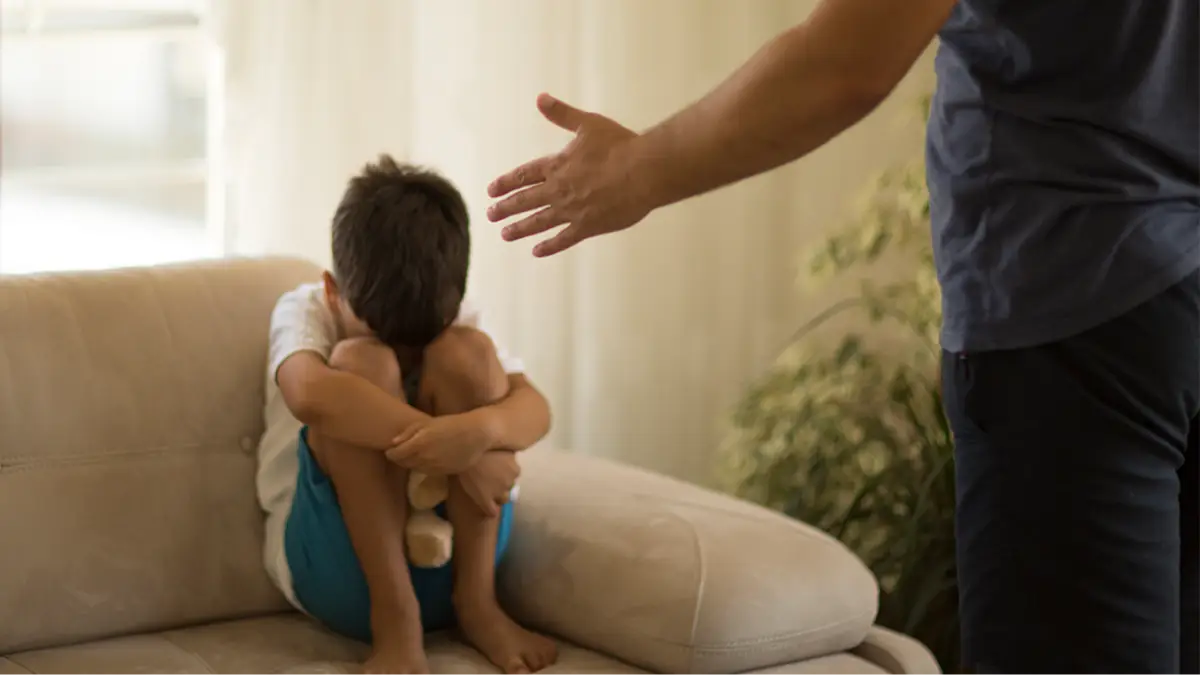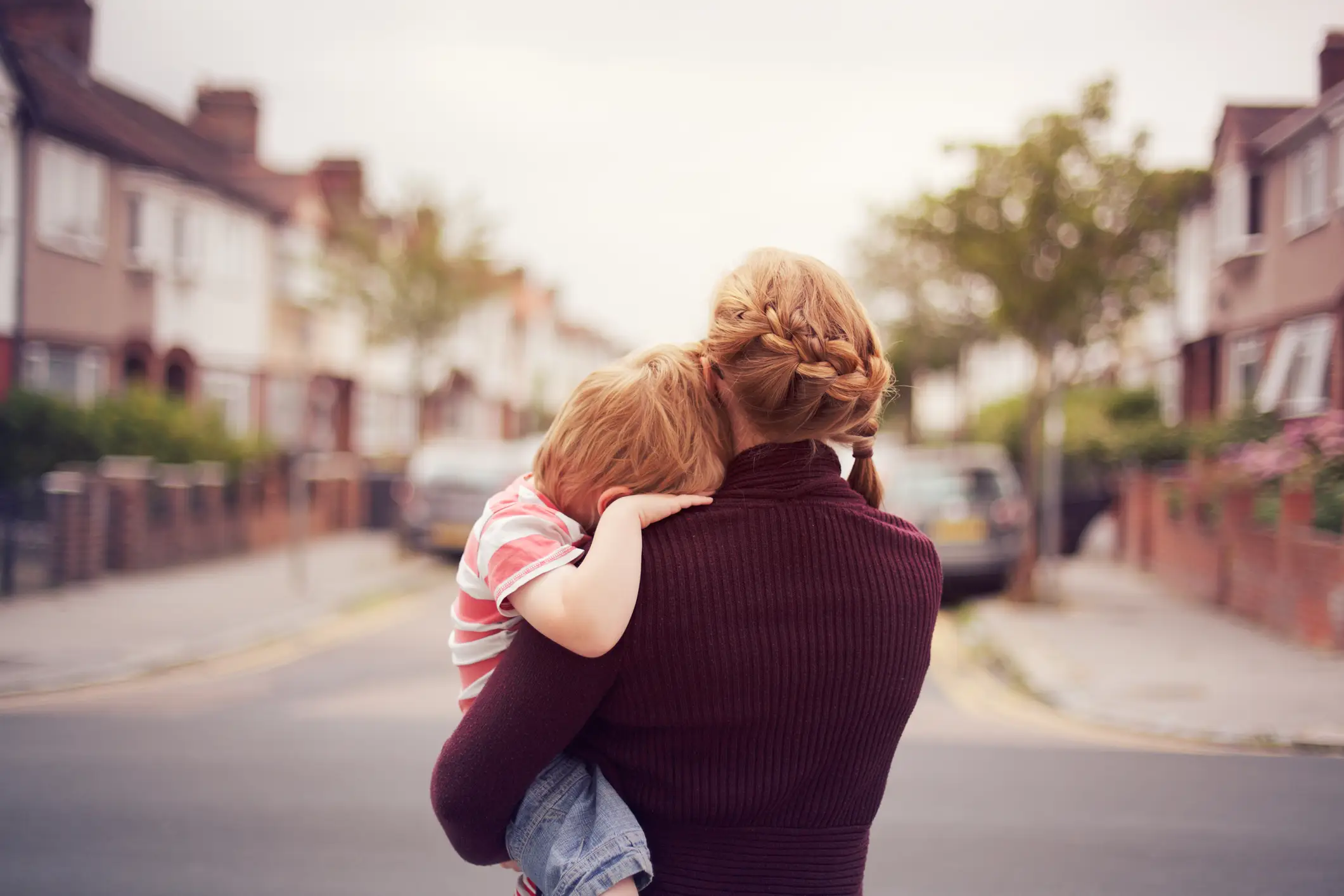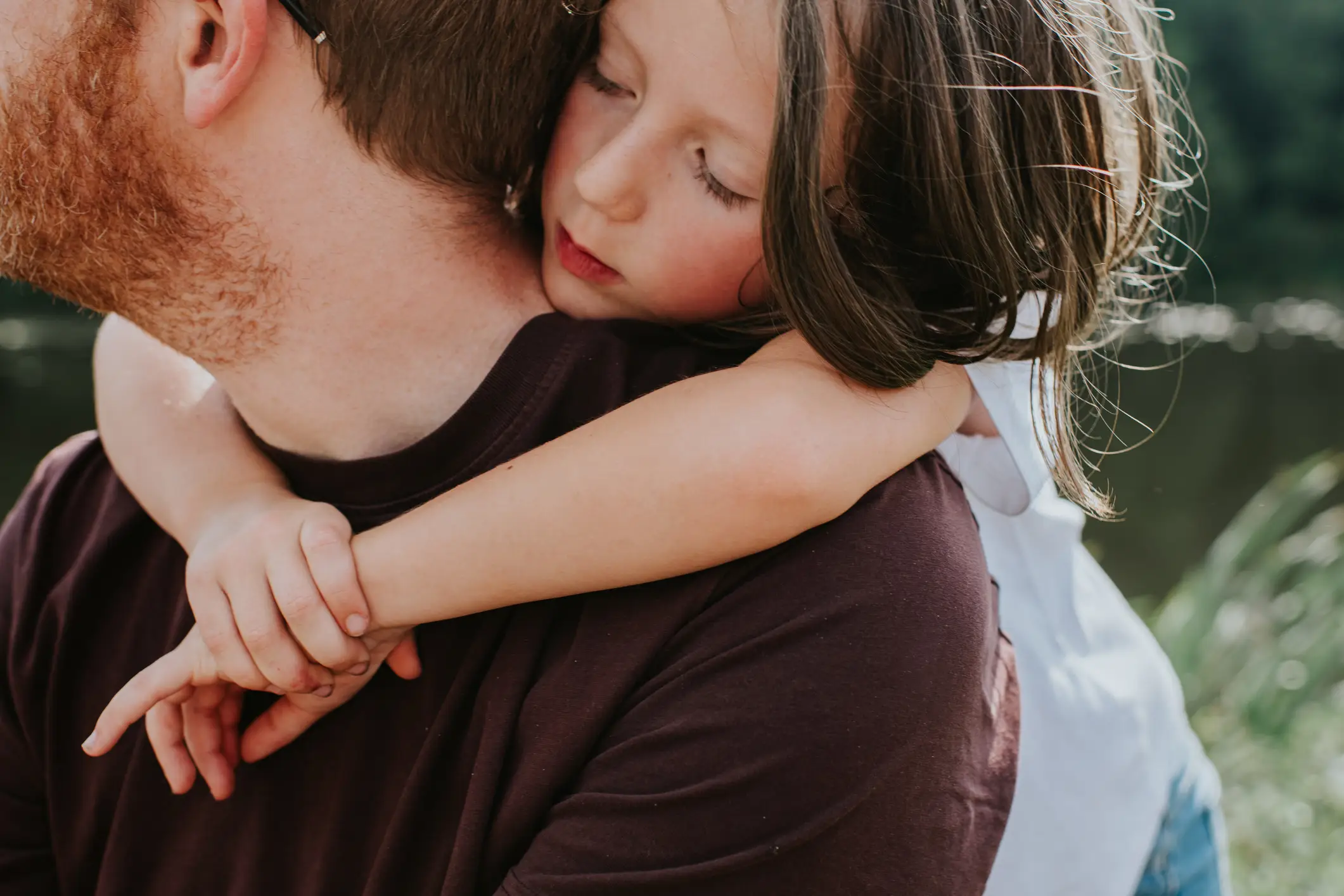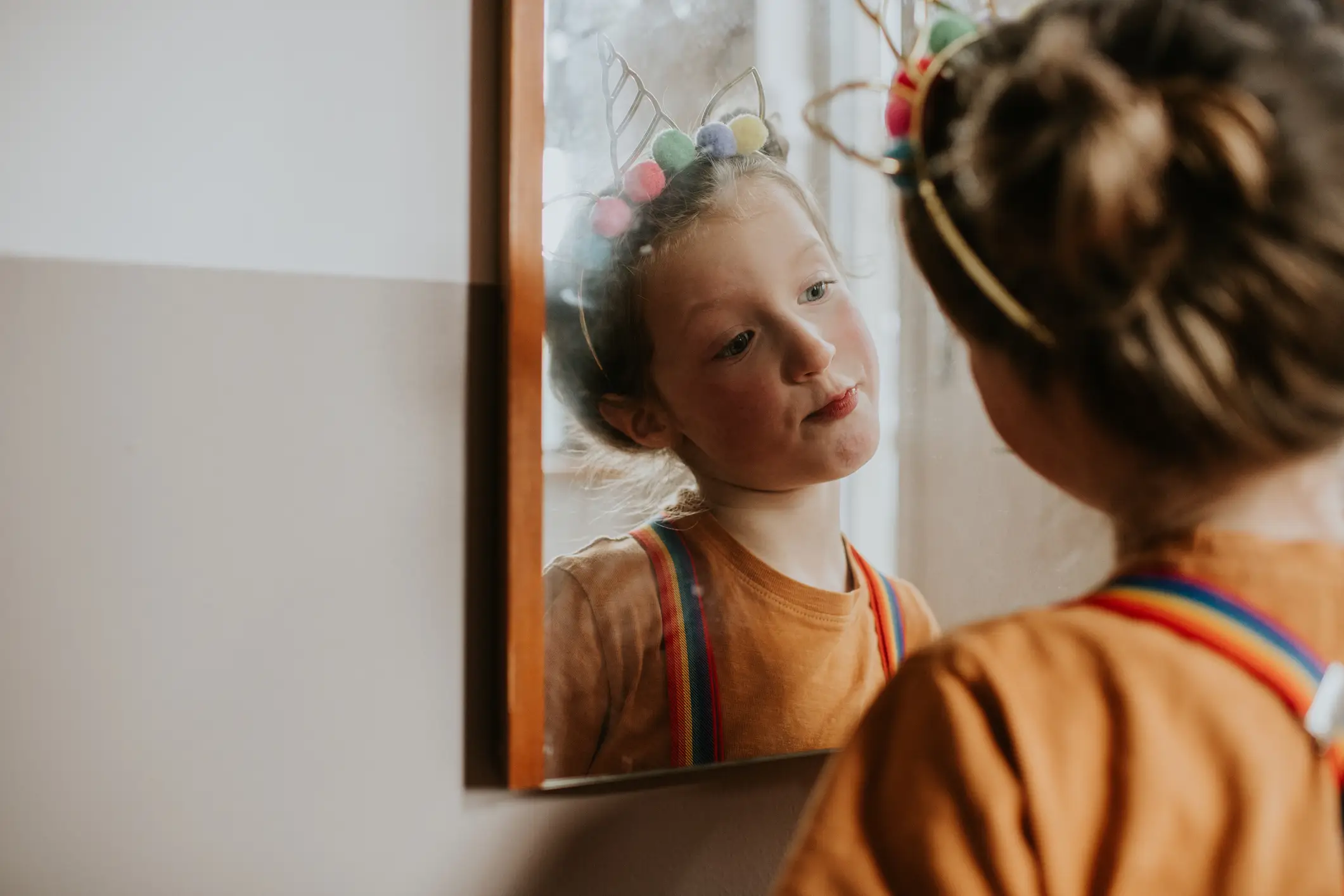
According to research, between 0.5 percent and five percent of people in the US could have narcissistic personality disorder (NPD).
According to HelpGuide.org, a person with narcissistic personality disorder is 'in love with an idealized, grandiose image of themselves'.
"They’re in love with this inflated self-image precisely because it allows them to avoid deep feelings of insecurity," they explain.
"But propping up their delusions of grandeur takes a lot of work—and that’s where the dysfunctional attitudes and behaviors come in."
Advert
But what's it like to grow up with a parent who has NPD? And how does this impact a person when they become an adult?
Psychologist Craig Malkin - author of Rethinking Narcissism: The Bad — And Surprising Good — About Feeling Special, and Wendy Behary, author of Disarming the Narcissist: Surviving and Thriving with the Self-Absorbed, explained the six signs that could indicate you were raised by a narcissistic parent.
Speaking to Huffington Post, they also explained what adult children can do to break the cycle.
 Experts have revealed the signs that you could have a narcissistic parent (Getty Stock Photo)
Experts have revealed the signs that you could have a narcissistic parent (Getty Stock Photo)

You're easily taken advantage of
According to the experts, people who have grown up with narcissistic parents could be out of touch with their own personal needs.
Malkin explained: “I’ve seen clients whose parents made them feel sick, crazy, or selfish for expressing the most basic of needs.
“One of my clients felt so worthless and frightened as an adult, he suffered from nightmares and cowered in the face of any authority figures because they reminded him of his abusive father.”
“They’re not able to say, ‘I matter,’ and ‘I have needs’ because that feels narcissistic,” added Behary. “Someone who’s fighting hard not to be a narcissistic parent ends up being trampled on.”
You worry you're also narcissistic
According to e-counseling, kids with narcissistic parents are at a higher risk of having narcissistic tendencies themselves.
Malkin and Behary add that it's important to seek professional help in order to break the cycle, especially if they have their own kids themselves.
“Extremely strong-willed children, more extraverted from birth, sometimes become narcissistic themselves in a game of ‘If you can’t beat ‘em, join ‘em,’” said Malkin.

You're competitive with one of your siblings
According to the experts, narcissistic parents of several children often target one child as the 'scapegoat' for their abusive behaviour.
Meanwhile, another child in the family often receives the most praise (as well as feeling a great deal of pressure to live up to the expectations placed on them).
The contrast in treatment can often lead to tension and resentment between the scapegoated child and the favoured sibling.
You provided a lot of emotional support as a child
Behary explains that a number of her clients say they felt like their parent's partner rather than their child, due to the emotional support and peacekeeping they provided in their childhood.
“It’s the sense of drama that the child feels they have to manage,” said Behary. “In order to do that, they really have to forfeit a lot of their own innate childhood needs.”
You place a lot of worth on achievements
Some children of narcissists believe their self-worth lies in achievement, which can lead to an obsession with performance and productivity.
Psychology Today explains that one attribute of NPD is being 'fixated on fantasies of power, success, intelligence and attractiveness'.

You struggle to understand your personal goals
The experts explain that many children of narcissists feel like a 'reflection' of their parents, rather than their own person, due to the fact that the parent may try to live out their own dreams through their kids.
“Many children of narcissists will say, ‘I’m not sure how I ended up in this career because I never really knew what I wanted,’” said Behary.
“[Or] I always felt like I was poised to be more of a reflection of my mother rather than be my own person.”
Topics: Health, Mental Health, Life, Parenting
